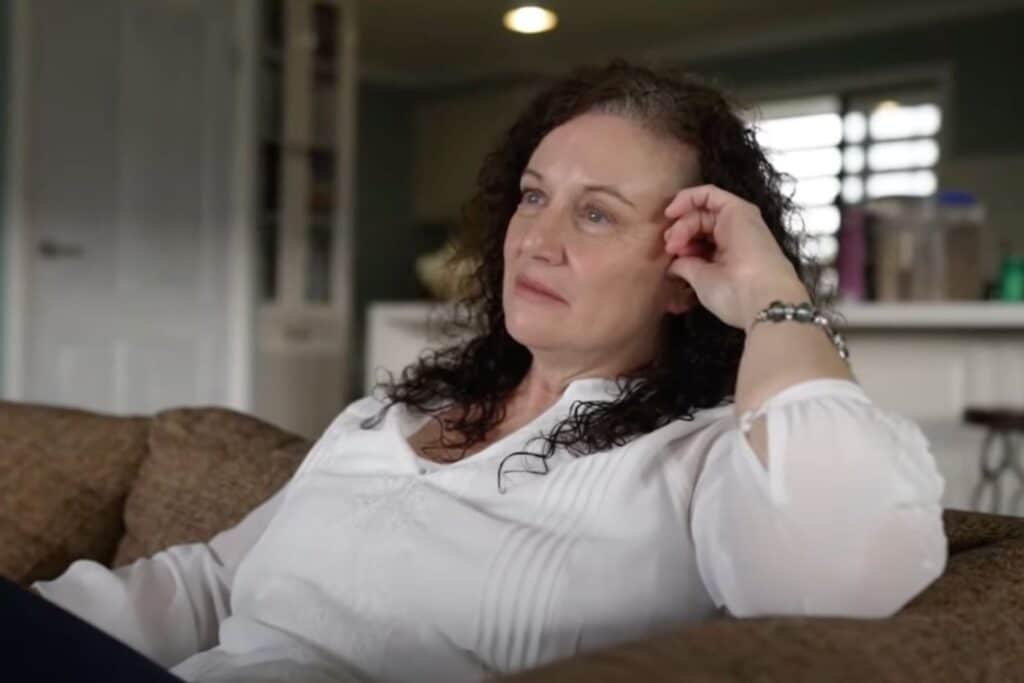Kathleen Folbigg’s convictions of killing her four children is getting closer to being overturned, the final report of an inquiry indicates.
The NSW inquiry’s commissioner Tom Bathurst released the final report on Wednesday, which found an “identifiable cause” for three of her four children’s deaths, indicating reasonable doubt that Folbigg was responsible.
Her case will be referred to the Court of Criminal Appeal, with the possibility of having all four convictions quashed
“I have concluded that the relationship Ms Folbigg had with her children does not support the inference that she killed them,” Bathurst said.
“The evidence before the inquiry, at most, demonstrates that Ms Folbigg was a loving and caring mother who occasionally became angry and frustrated with her children. That provides no support for the proposition that she killed her four children.”
Folbigg was convicted of three counts of murder and one count of manslaughter in 2003, following the deaths of her four children, Caleb, Patrick, Sarah and Laura, between 1989-1999. The children all died between the ages of 19 days to 18 months.
After serving 20 years in prison, the 55-year-old was unconditionally pardoned and released from prison in June this year after overwhelming scientific evidence showed her son, Patrick, likely died from a neurogenetic disorder, while daughters Sarah and Laura had “plausible explanations” for their deaths.
“Although no identifiable cause of Caleb’s death was identified (the other evidence means) that in his case the reasonable possibility that he died of unknown natural causes has not been excluded,” Bathurst said.
Folbigg has always maintained her innocence, and her lawyer Rhanee Rego said the inquiry’s findings is one step closer to clearing Folbigg’s name.
“This finding reinforces a personal truth that Kathleen has held in her heart for more than two decades,” Rego said in a statement.
Professor Chennupati Jagadish, president of the Australian Academy of Science, applauded the inquiry for considering the scientific advice so comprehensively, advice that the Academy provided.
“Science needs to inform decisions wherever they are made, including in the justice system, and the second Folbigg Inquiry benefited from the Academy being appointed an independent scientific adviser,” Professor Jagadish said.
Folbigg’s lawyer Rego said if the convictions are successfully overturned in the Criminal Court of Appeal, the next step is requesting compensation for the 20 years she served in prison.


